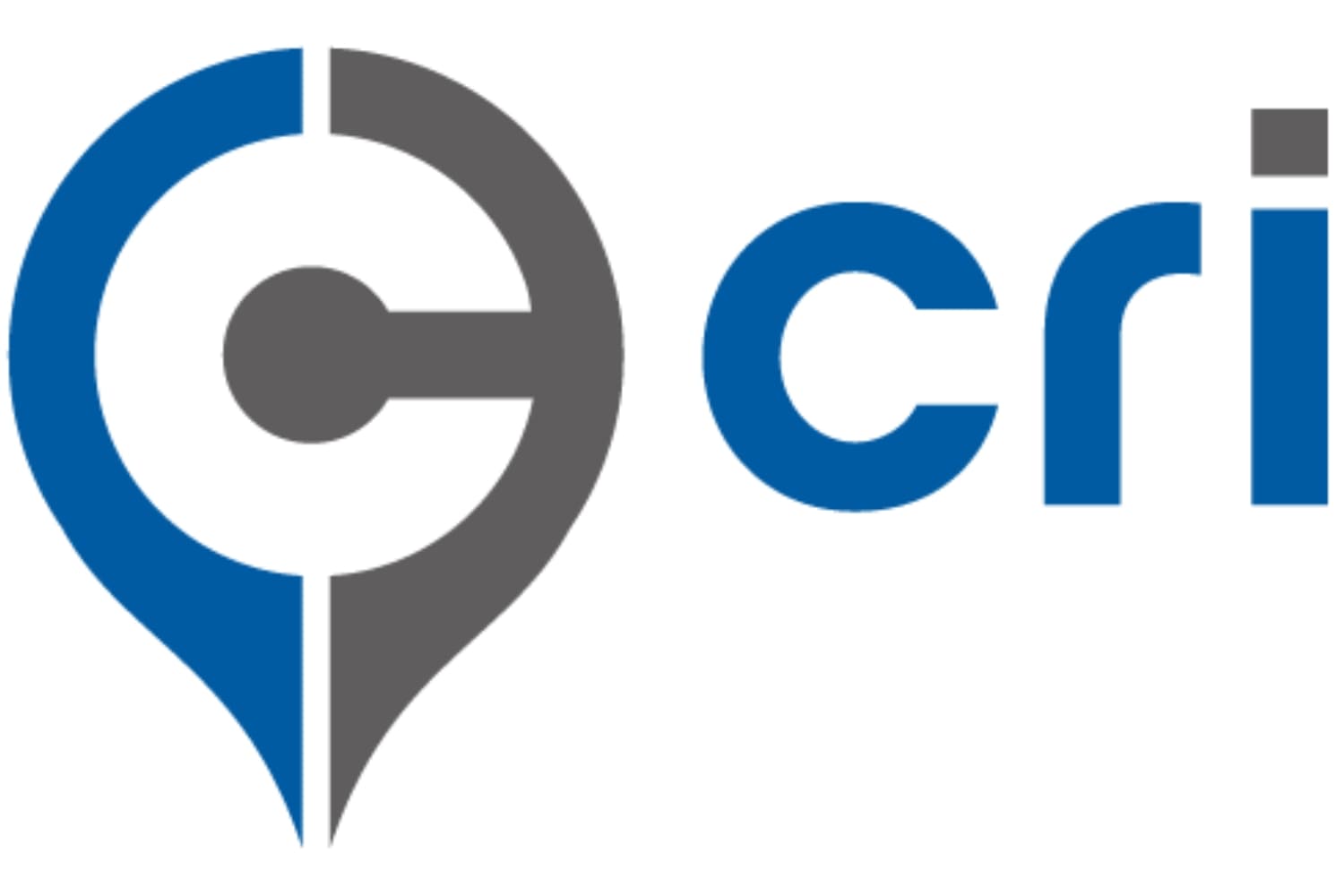[vc_row][vc_column][vc_column_text]Would you allow apps to track your behavior and record personal information?
The right to privacy as an American value is codified in law and is an important value for many, but digital tools can scrape information that we don’t willingly give them. Right now, Apple is implementing a privacy feature that asks the simple question of whether you consent to your apps tracking your personal data.
This is a threat to companies like Facebook, whose entire revenue model is built on the promise of selling advertisers the attention of an ideal, targeted customer; data scraping is key to that targeting. Is it ethical to record information that isn’t voluntarily given?
For most, it’s not a clear cut decision. We want privacy, but also desire convenience, entertainment, and a personalized experience. If we want all that for free, then your personal data is the price, the social media giant argues.
Employee privacy
Fortunately for the business world, employment law around privacy issues is more clearly defined. In the US, for example, this is covered by the Privacy Act of 1974. In addition, laws relating to discrimination against protected groups also prevent the gathering of some other types of data. It’s important for employers to keep employees feeling safe and adopting a strong stance on employee privacy is one way to demonstrate this value.
CRI works within the law and gathers information from candidates without compromising the privacy or rights of your candidates. The questions and results gathered during the employment assessment process are voluntarily offered and relevant to the work required for the open role. Candidates are automatically identified as suitable matches for the open position without discrimination or breach of privacy. The objectivity of CRI assessments ensures that hiring decisions are simple, accurate, and defensible in the event of free from legal challenges.
Get more information about CRI assessments and keep your employees safe by calling the assessment experts at CRI today.[/vc_column_text][/vc_column][/vc_row]


